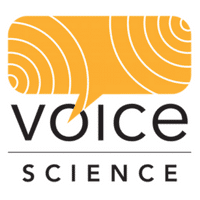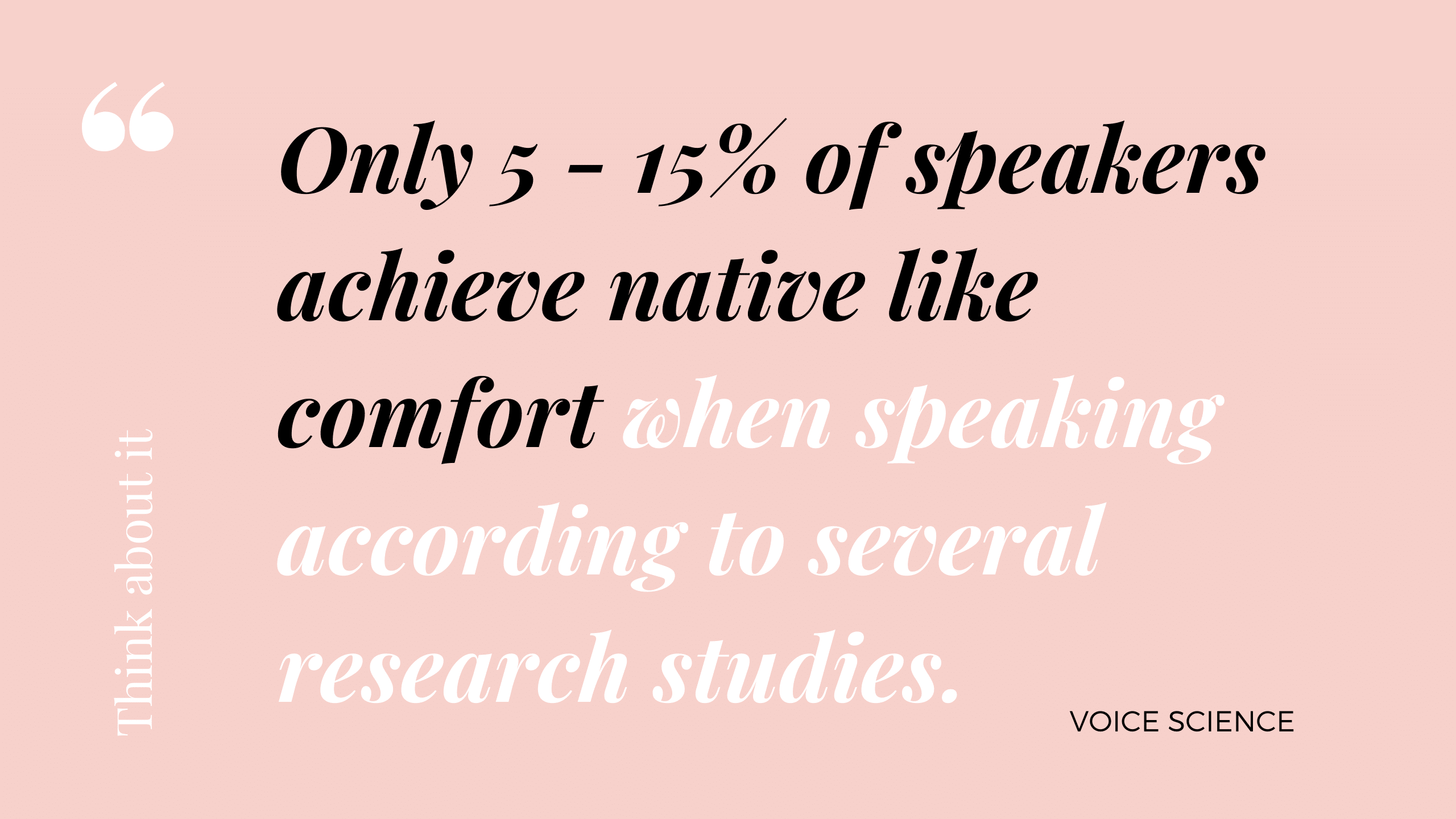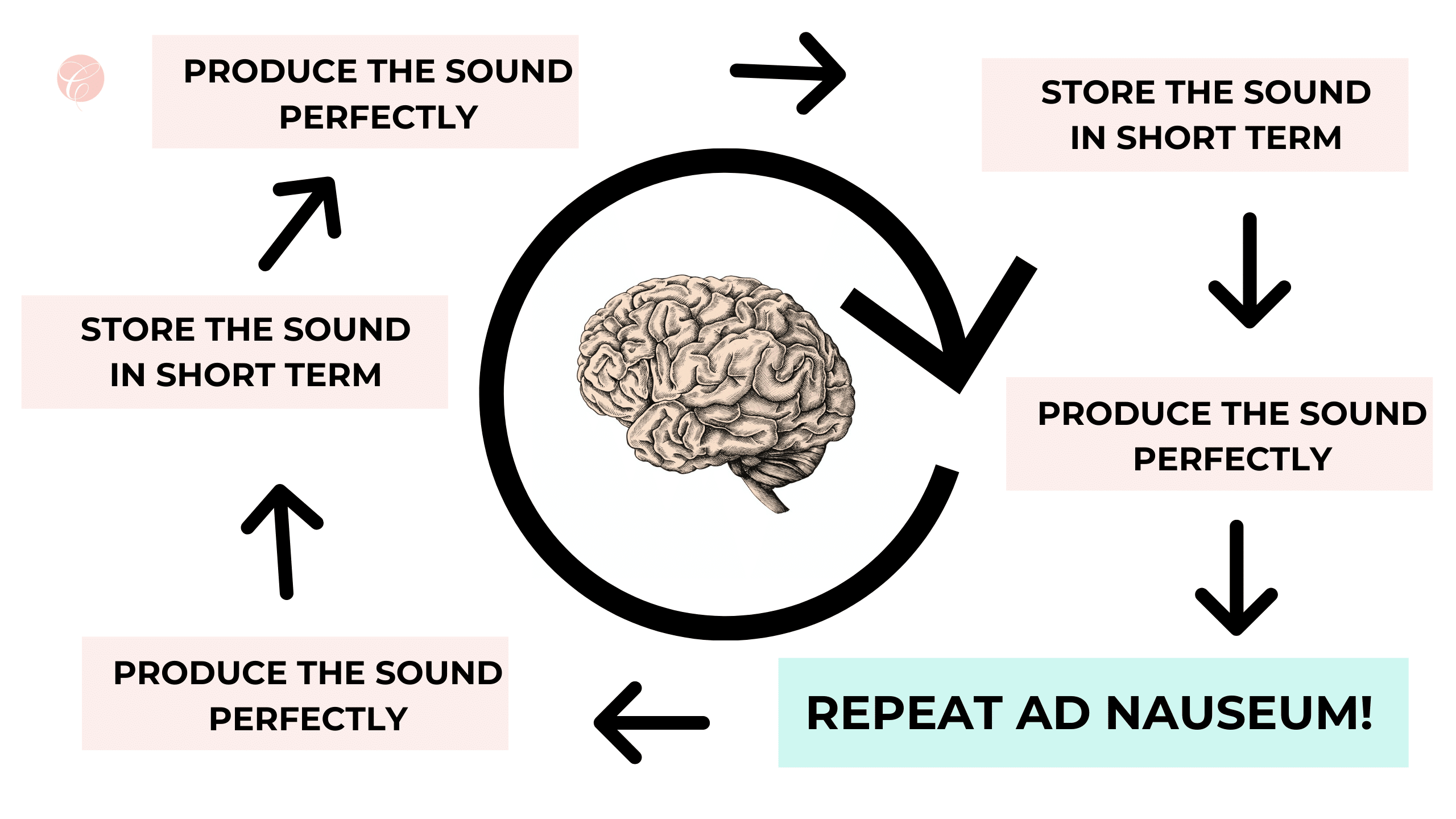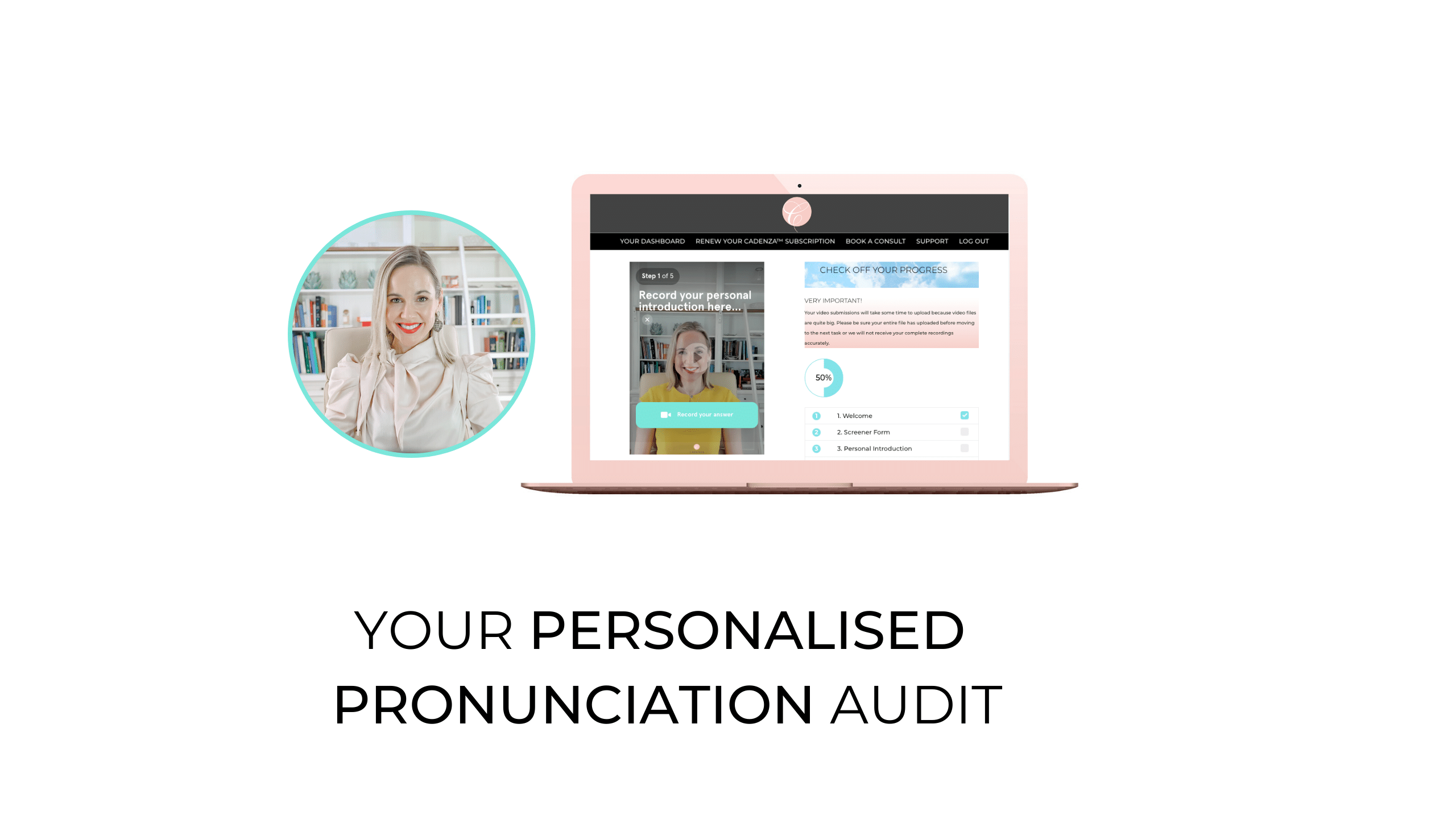Transcript: What Predicts English Pronunciation Success?
Read the Transcript See our accent servicesTRANSCRIPT
Hi, I’m Sarah and welcome to Voice Science!
In today’s episode, we are talking about what predicts amazing pronunciation success and learning.
If you’re watching this vlog, you’re no doubt on the lookout for a quick fix magic potion for your English speaking.
So, I won’t waste your time on that- there’s no fix for pronunciation other than hard work.
Still, there are a few factors that scientists notice in those who seem gifted at learning new pronunciation and today
I’m going to share these factors with you!
Are there some behavioural and neurological predictors of pronunciation success in your second language?
Absolutely!
Let’s plunge in and find out the secret sauce to pronunciation success. We also have a blog post that goes with this tutorial, so make sure you check it out over on our website- I’ve linked it below for you.
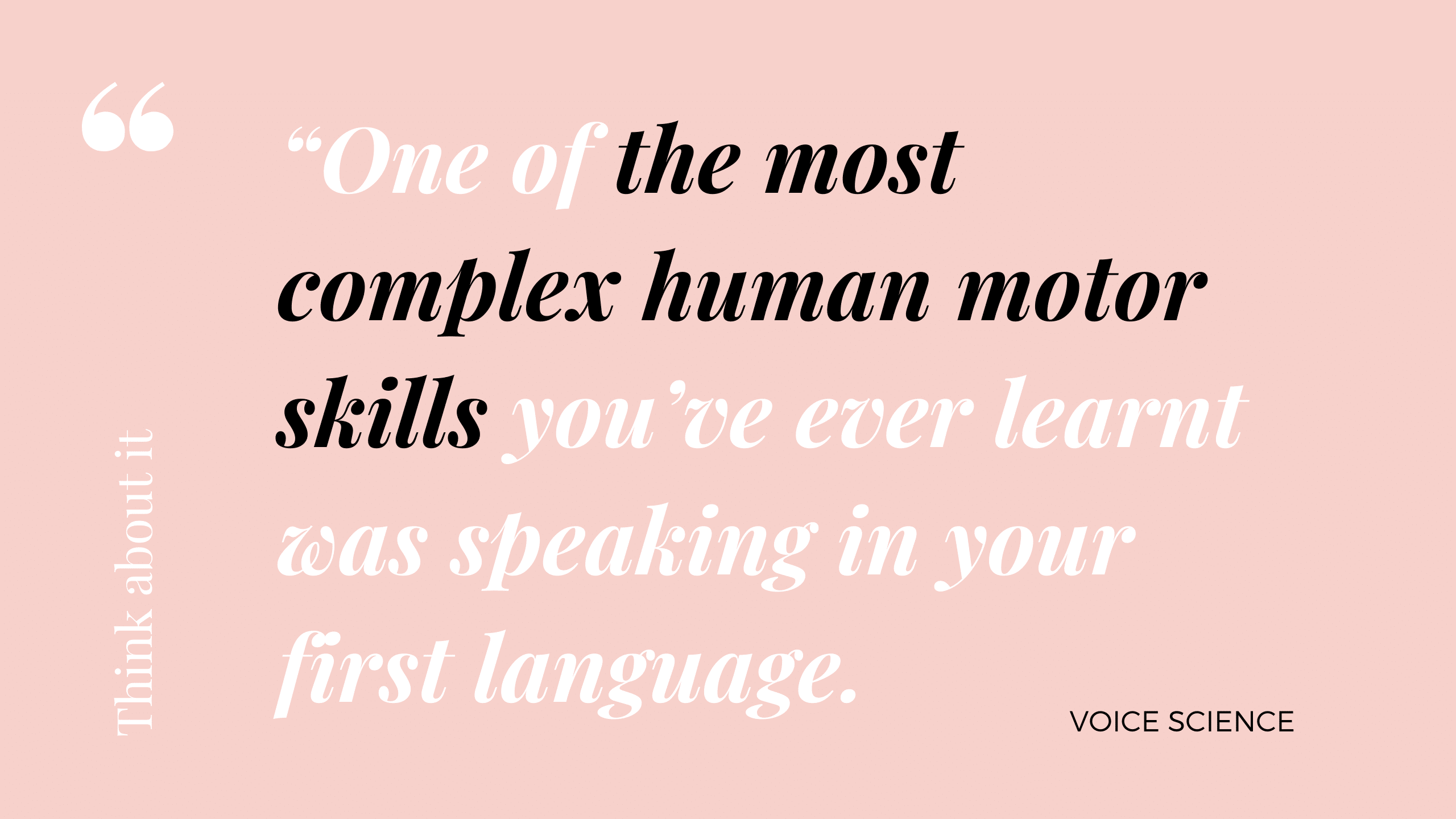
When you’re a kid, you learn to pronounce the sounds of your first language. By now you’ve probably forgotten that process, but I’m here to remind you that is a “one of the most complex human motor skills” you’ve ever learnt.
Remember learning to ride a bike? Maybe.
Learning to coordinate the wheels was hard at first…
Remember learning to swim?
That’s tough.
Well, this is the same type of learning you’ve been through when learning to speak as a little beba and infant.
So what happens as adults when we pick up a new language and want to polish the sounds?
Just like a kid on their first bike ride, our accuracy level is low, and we can crash!
When adults learn the sounds of a new language, we see a massive difference in ability.
Why is it that some adults do a bit better than others?
In my clinic, I’m meeting clients daily and no one person sounds the same or achieves the same level of success. Guys you’re all so different.
But some, for some reason, are a few steps ahead.
This vlog is going to hypothesise why.
Some studies suggest that only 5-15% of language learning achieve native-like comfort when speaking.
So what magic gene did they get?
I’d argue they worked hard, but a recent study suggests that a particular type of memory was dominant in these speakers.
I’m guessing you’d like some of that, so I’ll tell you more.
If you want to improve your pronunciation you definitely need to get yourself some…
Phonetic Coding Ability (Caroll, 1981), the ability to “identify distinct sounds, to form associations between these sounds and the symbols representing them, and to retain these associations in memory” (Hu, Ackermann, Martin et al.).
Our pronunciation clarity programs nourish your phonetic coding ability. We teach you phonetics. You learn how to hear the difference between sounds. We also remind you that adults can’t mimic and copy sounds. Instead, we train you in the precise mechanical manoeuvers. And you work to form a secure memory link between the phonetic symbol, your mouth and typical word spellings that need that sound.
But that’s not all that you need to get a good outcome.
And this accounts for why some clients do better than others.
It comes down to phonological working memory.
Huh, what is that?
Now I can guarantee that no other pronunciation channel is sharing this with you.
They are all obsessed with mimicry, which I’m sure you know doesn’t work for adults.
Don’t waste your time on videos that ask you to copy a native speaker.
It’s more scientific than that.
I really want you to understand this concept of phonological memory because it will help you get a good grasp of how to practice your pronunciation more effectively.
If you have any questions about this topic, remember there is a comments box below so if the ideas confuse you, I’m just a question away. Ask me, I’ll reply.
Phonological working memory will definitely determine how much you improve your pronunciation.
Working memory: is the limited capacity cache for holding onto information for a brief period while doing an activity that needs that info.
A great example is me in the kitchen.
I’m checking the recipe. I’m trying to repeat the quantities
200g of flour, 1 tbsp of sugar…
To make sure I remember it all long enough to get the ingredients right for my cake.
Your working memory is composed of 4 parts.
We use working memory for reasoning, learning and understanding.
It has 4 parts:
- Central Executive
- Visuospatial sketchpad
- Phonological loop
- Episodic buffer
We are interested in the phonological loop.
The phonological working memory is what lets you hold the sound information, run it over in your mind (subvocal articulatory rehearsal) so that you preserve the sound memories and prevent them from decaying.
This is an area that is particularly strong in musicians.
It makes sense, doesn’t it?
I’m an opera singer and my whole life I’ve had to learn, hear, store, memorise and produce sounds that make musical sense. So my brain is tighter in the storage of sound-based information than a non-musician because I practice this daily.
So will learning music now as an adult help improve my pronunciation, you ask?
No.
But learning how to practice sounds so that you are producing and storing, producing and storing will strengthen your memory links for speaking.
If you want to improve your English pronunciation, you need to make a goal to enhance your knowledge of HOW to practice your pronunciation daily. Without knowing how to practice speaking, you’re doomed to fail.
This is what we train at Voice Science. You must engage close and personal with your phonological working memory through practice-based training. This is just as important as learning how to say the sounds correctly as it will guarantee your success. Which is why all clients get 6 bonus modules alongside their sessions called “Perfect Your Practice.”
If you want to improve your English speaking and pronunciation, you need to learn:
- How to say the sounds mechanically (phonetic coding ability)
- How to practice effectively so that you are activating your phonological working memory to strengthen learning and prevent the knowledge from decaying.
If this topic has interested or even agitated you, you should definitely check out this practical tutorial “How to practice Your English Pronunciation by Yourself” and pick up the high voltage drill method that will get you started on practising your pronunciation like a pro.
This is one of the many resources we use with our clients at Voice Science to boost daily pronunciation practice and I think you’ll love it.
Got a question about learning and remembering English sounds? Pop it in the comments below and I’ll reply.
Loved this tutorial and want more?
Well, buddy have we got lots for you!
Head to the Tips page on our website to see more tutorials based on science to build your understanding of English pronunciation so that you can start scaling up your speaking confidence.
You might also like to subscribe to our channel, make sure you turn notifications on for our posts to stay up to date with all the bonus content we pump out weekly and head to our Facebook and Instagram for daily communication tips.
As we wrap up for today, I want to thank you for clicking across to watch this vlog. I hope you learnt something new and that you feel inspired to keep up the good work of improving your communication.
There is nothing better than working on a language. It builds your brain, confidence and skill as a communicator. So keep it up! Don’t give up!
“As I always say, Communication is like String Theory, it’s the Foundation of Everything.”
Your words and thoughts matter, remember to share them and don’t feel held back.
Thank you so much for watching and I’ll see you next time.
Ciao!
When you’re listening to any language, it can be super hard to work out how to copy the sounds. The big takeaway is you can’t. Adults can’t copy so ignore all those imitation and mimicry videos, you’re wasting your time.
See, adult learners learn sounds in a totally different way. If you want to have more English pronunciation success you need to follow a research-based approach. Now I don’t expect you to go and read the journal articles. But that is what is unique to Voice Science. We actually read the research so that we can implement science-based strategies that work to guide your pronunciation learning. For years the researchers have been telling us that adults can’t mimic new sounds in their second language effectively. So why are people still training this approach?
Yes, why is the question I want to ask too.
I don’t know?
Maybe lack of qualification.
Anyone can start a channel to tell you how to improve your English but not everyone has put in the hard work to qualify and have expertise in this area.
Being a native English speaker does not make you qualified to train pronunciation. This is a science and an art. So save yourself some time and make sure that you refer to qualified experts in the pronunciation training space. Make sure they at least have a Master degree in speech science, phonetics, linguistics or better still speech pathology because the beauty of speech pathology is that it gives us the skill to train the science and the practice methods needed to take your speaking goals forward using clinical therapy principles.
If you want to get some feedback on your English pronunciation, you should definitely check out Your Personalised Pronunciation Audit.
You’ll score yourself a total audit into every single sound of English so that you learn which sounds need more work. We’ll also do a fun vocal health survey and spot check aspects of your social communication to make sure you are speaking as comfortably and as confidently as you can.
Otherwise, I hope that this tutorial gave you a chance to learn something new about English pronunciation, especially a deeper understanding of what stress means and how it works in words.
Thank you so much for being here and spending time listening to these ideas. And if you haven’t already subscribed think about doing so. We talk all about English pronunciation and communication strategies here so that you can amp up your message clarity and speak with more power and value wherever you are!
We release weekly tutorials here on YouTube & Facebook so if you loved this one please subscribe and remember to give it a huge thumbs up! That’s your way of smiling at me! And better still, feel free to share this video on your own Facebook page!
As we conclude, please remember, feeling stressed about your communication is real. But learning a few powerful strategies, even about how stress words properly can start to remove your speaking fears and help you sound more clear and better still FEEL more confident.
Your voice and message matter immensely so put some goals in place today and if you need a hand, why not enrol today in your personalised pronunciation audit and get access to our team’s beautiful support and training to maximise your pronunciation clarity.
Ciao for now & see you soon at Voice Science.
